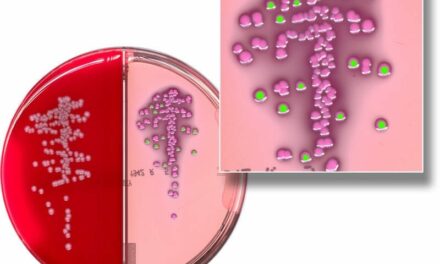The automated workflow on SPT’s firefly platform aims to reduce manual pipetting by up to 80% and improve consistency for large-scale transcriptomic studies.
SPT Labtech has collaborated with Pacific Biosciences (PacBio) to automate PacBio’s Kinnex full-length RNA-seq library preparation on SPT Labtech’s firefly liquid handling platform.
The automated workflow aims to improve reproducibility and scalability in large-scale transcriptomics studies by reducing manual steps in library preparation. Manual preparation of RNA-seq libraries can be time-consuming and risks introducing variability that can affect data quality.
The automated walk-away workflow reduces hands-on time by decreasing manual pipetting by up to 80%, allowing researchers to focus on data analysis and experimental design. The system also minimizes user-to-user and day-to-day variation while enabling generation of high-quality, full-length transcript data at higher throughput to support large-scale genomics initiatives.
Researchers at Seattle Children’s Genomics and Spatial Biology CoLab are using the automated firefly-Kinnex workflow to support high-throughput isoform discovery. The workflow supports the same Kinnex chemistry used in the 1000 Genomes Long Read Sequencing Project, which is advancing large-scale studies of transcriptome diversity across human populations.
“Our collaboration with PacBio is all about empowering the researcher. The firefly platform is built for reliable, flexible automation. By seamlessly integrating industry-leading chemistry, we are offering a validated solution that doesn’t just automate a step—it guarantees the quality and scalability required to push the boundaries of transcriptomic science,” says Morten Frost, chief commercial officer at SPT Labtech, in a release.
David Miller, vice president of marketing at PacBio, says long-read RNA sequencing provides the most complete view of the transcriptome, and more customers are looking to apply Kinnex on population-scale projects. “The firefly automation brings consistency to library processing, making it dramatically easier and more efficient for labs to adopt full-length RNA workflows, ultimately speeding up the pace of discovery,” he says in a release.
The integration aims to address challenges in manual library preparation that can introduce variability affecting data quality in large-scale and clinical studies. By automating the process, researchers can maintain the accuracy and integrity required for these applications while processing samples more efficiently.
ID 364275620 © Vladyslav Skrynko | Dreamstime.com




